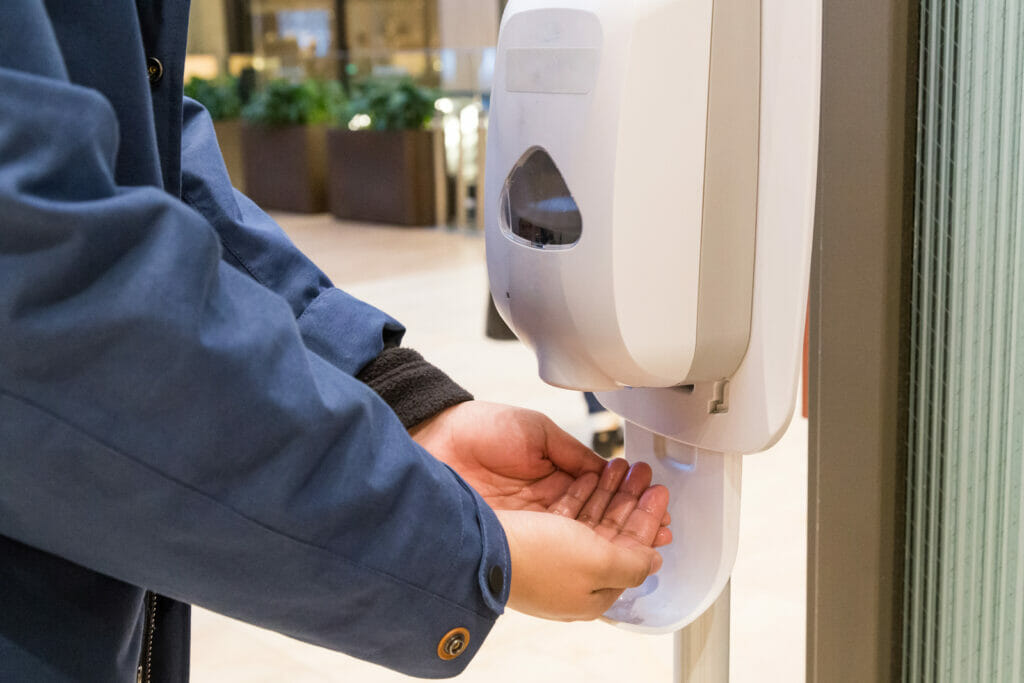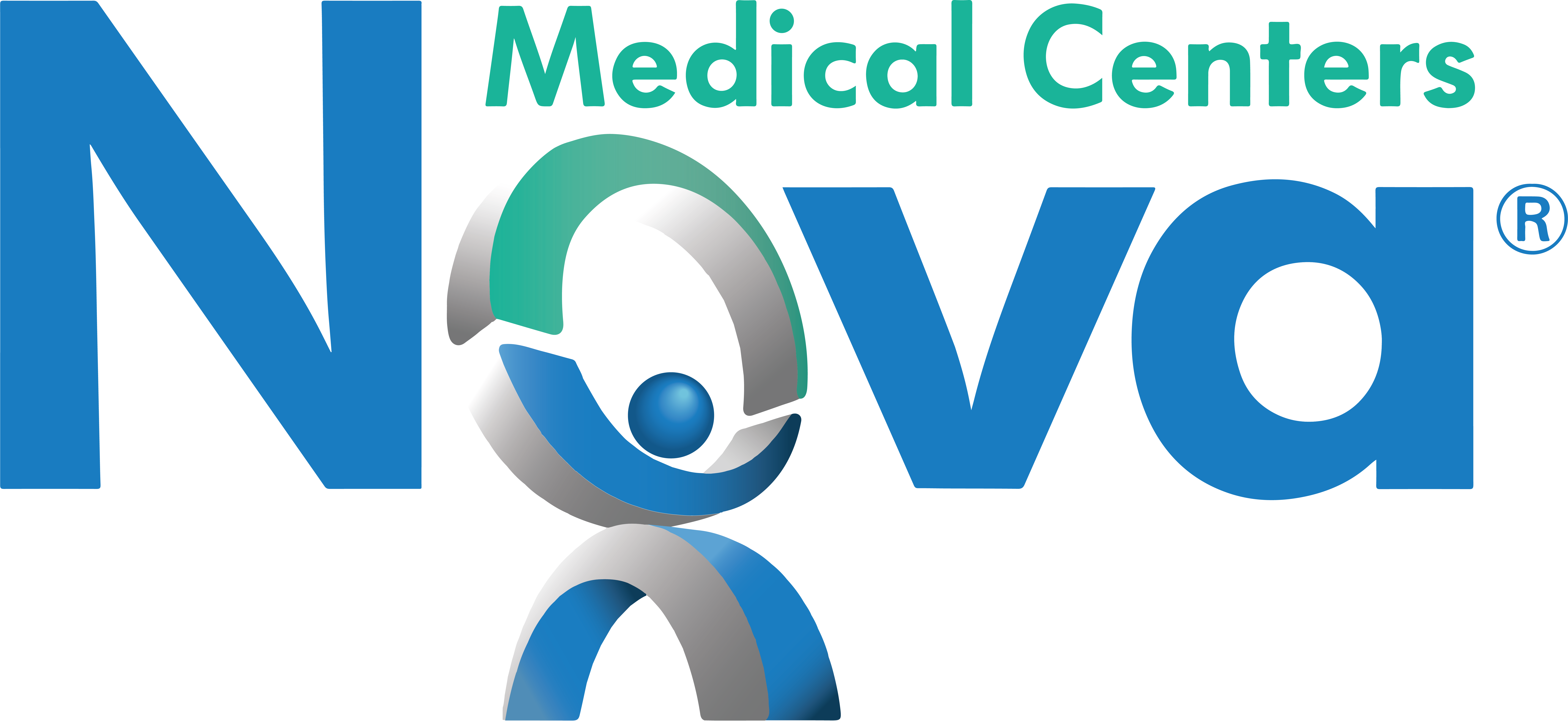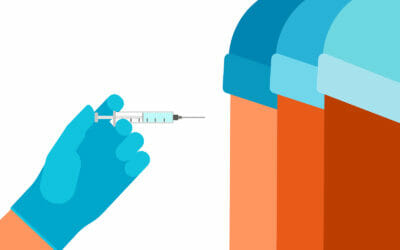
Maintaining a clean and safe workplace can lead to a more productive environment for everyone. The last thing employees or guests want to question is if the facility is clean or feeling too uncomfortable to be present.
Hygiene Tips for Work
- Wash hands with soap in between meeting clients and patients. Wash hands after using the bathroom facilities, before and after preparing food or drinks. The Centers for Disease Control and Prevention recommends a minimum of 20 seconds for cleansing your hands to ensure germs are significantly removed.
- When coughing, yawing, or sneezing cover your mouth and nose with a Kleenex or turn into the inside of your arm. This way you are keeping germs to yourself instead of spreading them through the air or your hands.
- Wipes down workspace at best once daily; this includes the mouse, keyboard, phones, and surface areas.
- Keep hand sanitizer at your desk. For other reasons, you are not always able to access soap and water; CDC advocates using hand sanitizers with at least 60% alcohol.
- Fresh breath. Since you are not at home to brush your teeth after meals, carry gum or travel size mouth wash with you.
- Wash work clothes before wearing them again to get rid of any germs or dirt, even if it’s not visible. The National Health Service UK acknowledges clothes as being one of the most common ways germs are spread. Bacteria naturally come from our own body then onto our clothes which can easily spread to others from small actions such as brushing against an object, sitting close or near a coworker.
- Practice keeping public shared areas clean and sanitary after each use—bathrooms, breakrooms, conference rooms.
- Report any symptoms or illness to your employer.
Many companies have their own work hygiene policies for employees to abide by, but it is always good to refresh good practice tips every so often. You may consider putting up reminders in public areas such as the bathrooms, break rooms or even coordinate mini staff meetings. By positively reinforcing good hygiene, you can mold employees into developing thoughtless cleanly habits.



